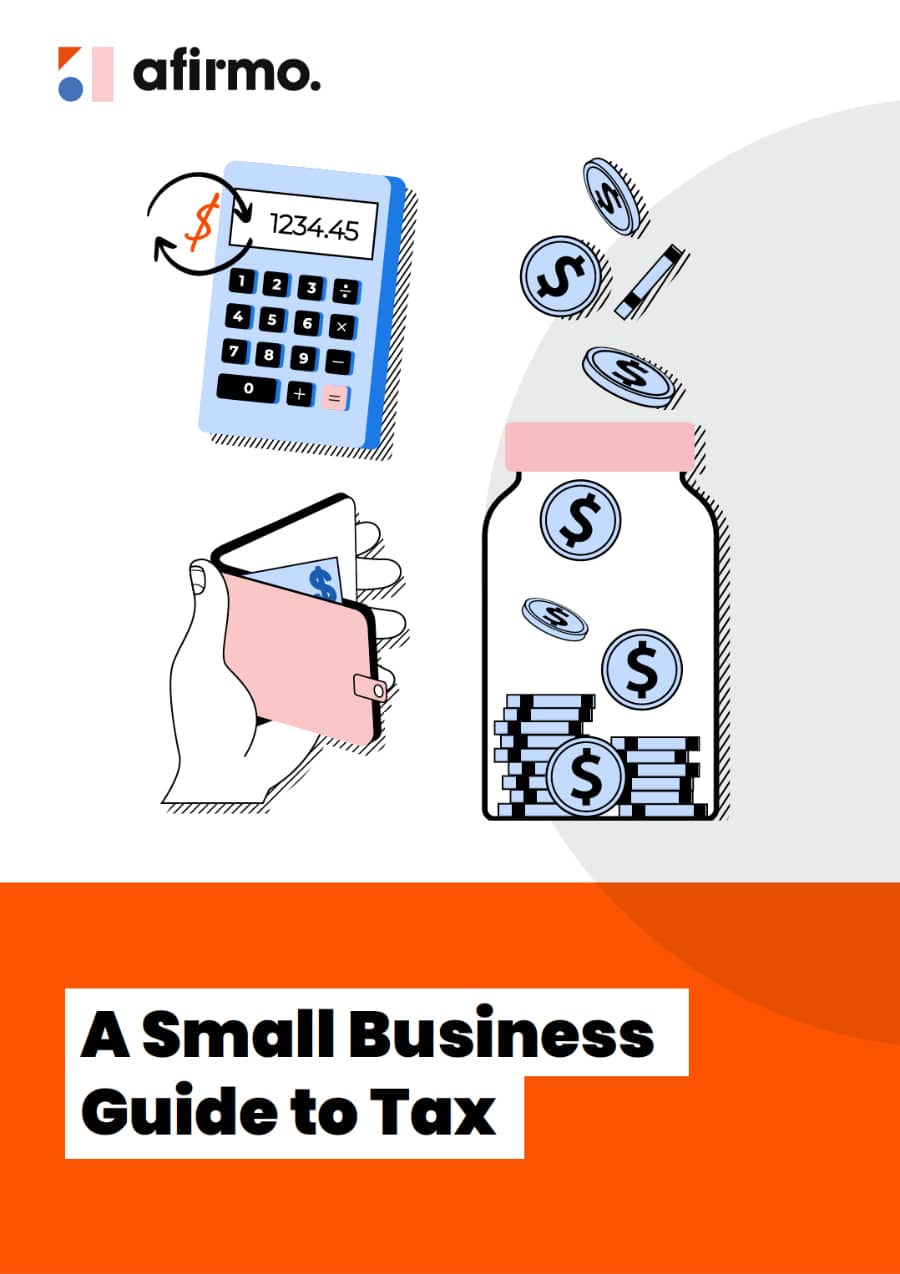Here’s an introduction to the main taxes and levies in New Zealand, to help you identify which ones might apply to you. We explain each of them in more detail in a more detailed article.
Income tax and provisional tax
In New Zealand everyone has to pay tax on the money they earn, whether they’re an employee, sole trader, contractor or in a partnership. Companies also have to pay tax on their profit (income less the expenses related to earning that income).
Income tax and provisional tax are actually the same thing. Provisional tax is just a way of paying your income tax in advance instalments during the year, based on your expected annual income. Inland Revenue will let you know if you have to pay provisional tax. It’s usually required if you paid more than $5,000 in income tax the year before.
GST
If you or your company are registered for GST (goods and services tax), you have to add 15% onto what you charge and pay it to Inland Revenue. So you’re really just collecting GST on the government’s behalf.
If you’re registered for GST, you can also claim back any GST you pay on expenses related to the GST-generating work you do.
You have to register for GST and start filing returns with Inland Revenue as soon as you think you’ll earn more than $60,000 in the next 12 months. This excludes any employment income you pay PAYE tax on. Otherwise, registering for GST is optional. There can be benefits of registering for GST even if you have less than $60,000 in revenue.
Fringe benefit tax
Fringe benefit tax (FBT) applies when a business provides something of personal benefit (a perk) to an employee or shareholder employee and the perk has not already been taxed.
Common examples include providing an employee with:
- Financial contributions towards insurance premiums or gym memberships
- Private use of a vehicle owned by the business
- Discounted goods or services, such as making your products available at staff rates
- Low interest loans
ACC levies
ACC collects three levies to fund people’s claims when they’re injured and to pay for injury prevention programmes. Based on income and the type of work you do, they’re known as the work levy, earners’ levy and working safer levy. Sole traders pay all three levies. Employers pay the work levy and working safer levy and deduct the earners’ levy from each employee’s pay on Inland Revenue’s behalf.
KiwiSaver-related taxes
Here’s a quick summary of how tax works with KiwiSaver in New Zealand.
- Individuals’ percentage contributions are calculated on their pre-tax income, but they still pay tax on their full income
- Employer contributions are taxed (see ESCT below)
- KiwiSaver investment earnings, such as interest and dividends, are taxed – but when you withdraw money from KiwiSaver it is not taxed
PAYE tax
PAYE stands for ‘pay as you earn’. PAYE tax is deducted from an employee’s pay by their employer according to the employee’s income and tax code. The employer forwards the deductions to Inland Revenue. For mor help see our PAYE tax calculator.
ESCT
As its name suggests, employer superannuation contribution tax (ESCT) is the tax an employer deducts, on Inland Revenue’s behalf, from cash contributions they make to an employee’s superannuation account, such as KiwiSaver.
Articles in the Small Business Guide to Tax series
- A small business owner’s introduction to tax
- Choosing a business structure
- The main small business taxes and levies
- Maintaining business records for tax purposes
- Small Business tax registration requirements
- Small Business Tax types in more detail
- Tax payment due dates
- Tax forms and when to file them
- How to get money out of your company
————————————————————————————————————————–
Afirmo Disclaimers:
Afirmo is here to make it easier and quicker for small businesses to understand and comply with government and other regulations and obligations and get on with their businesses and succeed.
We do this by packaging information and advice from across many sources including government websites into tools and resources, designed with small businesses in mind.
To make our resources as easy to understand as possible and to avoid overwhelming our audience, we aim to provide enough detail to help in the majority of situations, rather than comprehensive detail for all situations.
Tax Series Disclaimer:
The information available in this series of Tax articles includes information provided by the Ministry of Business, Innovation and Employment (MBIE) and information provided by third parties (providers of information). This information is intended to provide general business information to the public. The information in this series should not be your only source of business information. We recommend you seek professional advice as appropriate.
Afirmo endeavours to ensure that the information in this book is reliable and accurate at the time of publishing, however:
- Neither Afirmo, nor any of its employees, contractors, and providers of information, make any express or implied representations or warranties regarding the material and facilities contained or referred to in this series of Tax articles;
- Afirmo, its employees, contractors and providers of information, do not accept any liability, for any reason whatever, for any loss or damage which may arise in any way
(a) out of the use of any of that material or facilities; or
(b) from errors in or omissions from that material or facilities; or
(c) from inaccuracy of any information obtained through use of this site.
- Afirmo is not responsible for the content of other websites linked to, or referenced. The inclusion of, or reference to any link to another website, or reference to any specific commercial product, process, or service, whether by trade name, trade mark, manufacture, or otherwise, does not constitute an endorsement, verification or recommendation by this book, MBIE or the New Zealand Government.
- Afirmo may change, delete, add to, or otherwise amend information contained on this website without notice.
- The contents of this series of Tax articles should not be construed as legal or professional advice.
- Each article in this series must be read in conjunction with this disclaimer and any other disclaimer that forms part of it.



